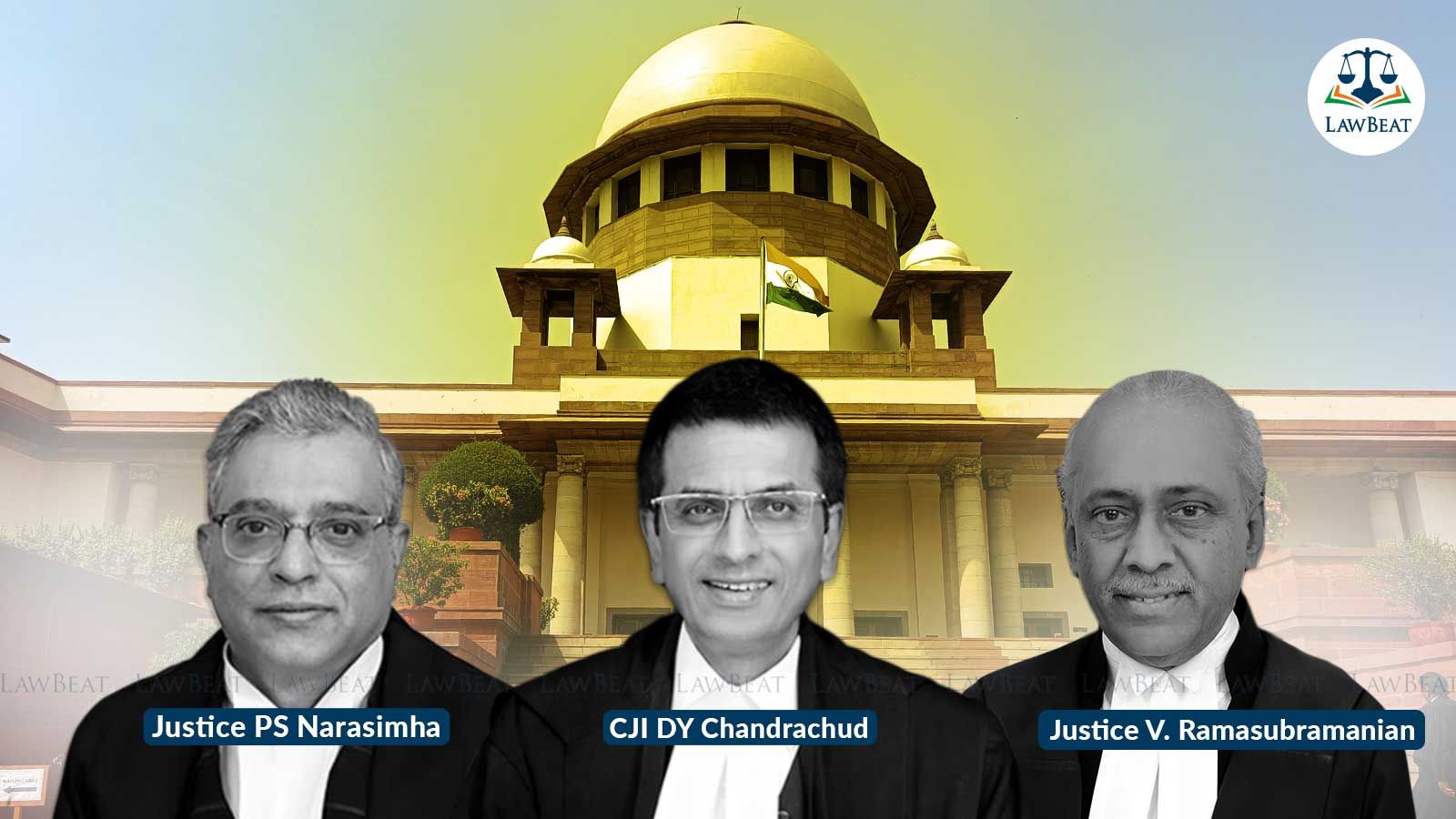Judges no employees of State; hold public office that wields sovereign judicial power: Supreme Court

"It must be remembered the judges are not employees of the State but are holders of public office who wield sovereign judicial power. In that sense, they are only comparable to members of the legislature and ministers in the executive..", the Top Court has held,
The Supreme Court on Friday observed that judges are not employees of the State but are holders of public office who wield sovereign judicial power.
Adding that separation of powers demands that the officers of the Judiciary be treated separately and distinct from the staff of the legislative and executive wings, a CJI DY Chandrachud led bench has observed that judges are "only comparable to members of the legislature and ministers in the executive and parity, thus, cannot be claimed between staff of the legislative wing and executive wing with officers of the judicial wing".
"This distinction is also important because judicial independence from the executive and the legislature requires the judiciary to have a say in matters of their finances. .... Therefore, to secure true independence of the judiciary, this Court has recognized that the pay of judicial officers is separate and distinct from the pay of staff of other wings of the State. This, it may be noted, is nothing but an articulation of the doctrine of inherent powers", the bench also comprising Justices Ramasubramanian and Narasimha has added.
These observations came to be made by the Supreme Court while considering and accepting several recommendations made by the Second National Judicial Pay Commission as regards service and pay conditions of district judiciary.
Accordingly, the Supreme Court has ordered that necessary amendments must be carried out in Service Rules of the Judicial Officers across all jurisdictions.
"It is thus directed that the High Courts and the competent authorities, wherever applicable, bring the rules in conformity with the recommendations accepted by this Court above within a period of 3 months. Compliance affidavits be placed on record by the High Courts, the States and the Union within four months..", the Court has ordered.
The revised rates of pension, which have been approved by the Supreme Court, shall be payable from July 1, 2023, the judgment states.
"For the payment of arrears of pension, additional pension, gratuity and other retiral benefits as well, following the Orders dated 27.07.2022 and 18.01.2023, it is directed that 25% will be paid by 31.08.2023, another 25% by 31.10.2023, and the remaining 50% by 31.12.2023. List on 17.7.2023 for further compliance on pay and pension on which date this Court will take up the recommendations on allowances", the three-judge bench has concluded.
Case Title: All India Judges Association vs. Union of India & Ors.
